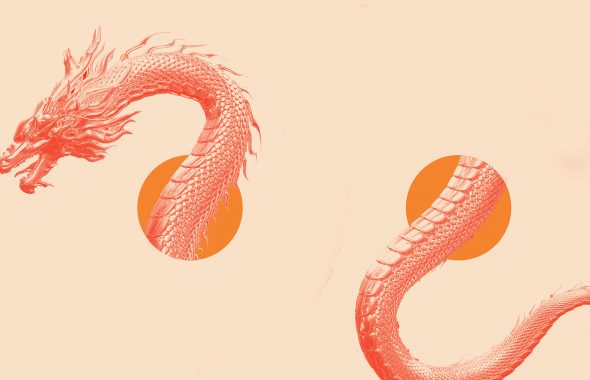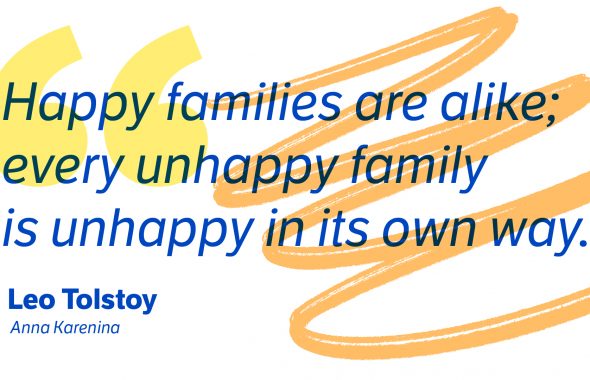Slug
In journalism, a slug is not a garden pest. Instead it’s a short phrase summarizing the subject of an article, used to identify the story as it moves through the editorial process.
This definition can be traced to the printing process; in typesetting terminology, slug refers to a metal bar used as a line divider or as a full line of type as with a Linotype machine. The use of slug to refer to a piece of metal goes back to the mid-1600s, when it was used to refer to a crude bullet, likely named for its resemblance to—you guessed it—the humble shell-less land snail.





















